The Covid-19 pandemic is far from over. As I write this, I am dealing with my own Covid-19 illness and fatigue. I am not alone. Millions of people worldwide are getting infected or re-infected with highly transmissible Omicron subvariants. Subvariant BA.5, in particular, causing surges in many parts of the world. BA.2.75 is another worrisome, new threat.
A year ago, the virus would have found me a soft target. Today, I am armed, battling the virus with the best tools science has offered – mRNA vaccines, boosters, rapid tests, and treatment options, should I need them. I am painfully aware that this is far from reality for millions of people in low- and middle-income countries (LMICs).
A staggering 2.6 billion people, a third of humankind, mostly in LMICs, are yet to receive even 1 dose of Covid-19 vaccination. Although 12 billion doses of Covid-19 vaccines have been administered globally, only 19.1% of people in low-income countries have received at least one dose, 18 months after vaccinations began.
Rich nations have hoarded vaccines for many months, and the consequences are now visible to all – recent data show that more than 1 billion Covid vaccine jabs have been wasted. Millions of lives could have been saved, if these doses had been shared last year, when the Delta variant killed millions of people. I cannot forget the ferocity and brutality of the Delta surge that killed millions in India last year. India was a dire warning to the world and we ignored the warning.
Inequity is not just about vaccines. There is also test and treatment inequity. According to WHO ACT-Accelerator, only 0.4% of global Covid-19 tests were performed in low-income countries. Access to anti-viral treatments such as Paxlovid (Pfizer) remains a huge challenge in most settings. According to a recent analysis by Melissa Barber, Pfizer’s entire production capacity has already been committed to a handful of rich countries, representing about 14% of global population. The other 86% of the world will have to wait until the end of the year, if not 2023, to be able to purchase Paxlovid from Pfizer.
So, as my body battles the SARS-CoV2 virus, many questions race through my fevered mind: with such stark inequities in access to new tools, how will lower income countries with already fragile health systems cope with new waves of BA.5, BA.2.75, or other future variants? How did we end up setting such a low bar for our fellow humans in the global South? How will the pandemic end, when we have left behind more than a third of humankind?
As Maria Van Kerkhove, COVID-19 Technical Lead at WHO tweeted, “It’s not over and we are playing with fire by letting this virus circulate at such intense levels.” Peter Hotez, Dean of the National School of Tropical Medicine at Baylor College of Medicine, echoed this. “Mother Nature is not trying to be coy, as long as the global policymakers refuse to vaccinate the world she will continue to hurl new variants of concern our way,” he said.
LMICs have borne the brunt of this pandemic
Early in the pandemic, a myth got created: that rich nations have suffered the most with Covid deaths and morbidity. This myth has been used to make the argument that LMICs don’t need equal access to vaccines and tools.
Two years later, we now know that the truth is just the opposite: LMICs have borne the brunt of this pandemic, and have had far less access to life-saving tools. “Official data have fooled us more than once into regarding Covid-19 as a rich-country pandemic,” said Philip Schellekens, Senior Advisor at the World Bank Group. His rich analysis “Has COVID-19 subverted global health?” provides deeper insights into this issue, and is worth reading.
According to Schellekens, the myth that Covid-19 is or ever has been a rich-country pandemic is fueled by many factors, including demographic differences (i.e. fraction of the population that is elderly), excessive focus on mortality rates as opposed to counts, and big variations in how LMICs test, count cases, and report deaths.
It is now abundantly clear that LMICs have greatly under-tested for Covid-19 as well as undercounted cases and deaths. In LICs, only one out of every ten deaths is recorded by the government, and only a small fraction of death records include information on cause of deaths.
To illustrate this, a recent study from 47 countries of the African region used a model to estimate the number of SARS-CoV-2 infections in the African region. The model estimated that only 1 in 71 of SARS-CoV-2 infections in the region were reported, while only 1 in 3 of the estimated deaths were reported as COVID-19-related deaths. Even a middle-income nation like India failed to count staggering numbers of Covid deaths. The estimated death toll in India is 10-fold higher than official records.
The WHO estimated a global excess mortality associated with Covid-19 to be 14.91 million in the 24 months between 1 January 2020 and 31 December 2021. Of these 14.91 million excess deaths, high-income countries (HIC) accounted for 2.16 millon. Lower-middle income countries accounted for the largest share of excess deaths (7.9M deaths).
The latest mid-point estimates of excess mortality by The Economist also suggest that on a per capita basis, it is not the high-income world that has suffered the most. No, lower-middle-income countries have suffered far more, whereas upper-middle-income countries slightly more.
A new meta-analysis on infection fatality rates by Andrew Levin, Gideon Meyerowitz-Katz and colleagues show that early in the pandemic, the risk of dying from the disease was roughly twice as high for people living in lower-income countries as for those in rich nations. Age-specific infection fatality rates were roughly 2 times higher than in high-income countries.
Recent mathematical modeling work by Oliver Watson, Azra Ghani and colleagues at the Imperial College London, suggests that between December 2020-December 2021, Covid-19 vaccination prevented an estimated 19.8 million deaths out of a total of 31.4 million potential deaths that would have occurred without vaccination, a reduction of 63%. Their model also showed that if the vaccination coverage targets set out by the WHO had been achieved, 1 in 5 lives lost due to Covid-19 in low-income countries could have been prevented.
Beyond deaths, vaccine inequity has imposed countless other tolls on LMICs, from long Covid, disruption of TB, AIDS and malaria care, to worsening of extreme poverty and food insecurity. “The poor, no matter where they live, will suffer the greatest lasting toll,” wrote Joseph E Stiglitz, economist and Nobel Laureate.
Dual standards of care: setting a lower bar for the global South
Despite LMICs suffering the most during the pandemic, they have had the least access to new tools, and have had to deal with yet another myth – that ‘natural immunity’ is enough for people in LMICs.
In my interview with the late Paul Farmer last year, we spoke about the dual standards inherent in global health. We set a higher bar for white people in the global North, and accept a much lower bar for Black and brown people in the global South. This happened during the early days of the HIV epidemic when anti-retrovirals were considered too expensive for people in Africa. During the Ebola outbreak in West Africa, even intravenous fluid administration was deemed to challenging. We now see this ‘apartheid logic’ playing out with Covid-19, and even monkeypox.
For someone like me, privileged to be living in a rich nation, access to second boosters, rapid tests, and Paxlovid, are being seen as normal or standard of care. For people in lower-income nations, even a two-dose vaccine course is being seen as unncessary, because it is assumed that everyone has been exposed to the virus already.
Yodi Alakija, Special Envoy, ACT Accelerator, is a passionate advocate for equity. “As rich countries offer 4th doses to their citizens and begin booster programs for children in a bid to protect them from both the immediate and long term effects of covid, there are people who consider those of us in LMICs unworthy of the same protection,” she said. “The myth that natural immunity from repeated infection is sufficient for Africans and others in LMICs is short sighted and ignores historical evidence on disease progression and virus evolution,” she added.
She too is deeply disturbed by the dual standards that are so pervasive. “Are people in LMICs physiologically “different” in some way to those in HICs? If people in HIC require protection from vaccines and boosters, then why don’t we? Are we different or merely considered expendable?” she asked.
Self-reliance is the key for equitable access to tools
Vaccinating the world against Covid-19 was a “no-brainer” even before the emergence of highly contagious Omicron subvariants. Now, with BA.5 poised to sweep the world, vaccine equity has become more urgent.
“The racist, inequitable distribution of Covid-19 vaccines killed twice as many people in low-income countries as elsewhere. We continue to demand for vaccine equity,” tweeted Winnie Byanyima, Executive Director of UNAIDS.
“In facing Omicron sub-variant BA.4 and BA.5 that are highly contagious, protecting the most high-risk and vulnerable people across the world is the most necessary humanitarian preventive measure to enact right now,” said Joanne Liu, a professor at McGill School of Population and Global Health, and member of the The Independent Panel for Pandemic Preparedness and Response. She specifically spoke about the urgent need to vaccinate and boost frontline Covid-19 workers, elderly people, and people with immunocompromising conditions.
For LMICs to have access to tests, vaccines and treatments, it is imperative to go beyond the current approach of charity (donations) from rich nations. This model is completely broken, as I have pointed out in an earlier post. In a global crisis, we saw that rich nations chose to hoard millions of vaccines and let them expire, rather than donate in a timely manner and save lives. We also saw rich nations actively block the TRIPS waiver and delay decision-making for 20 months. Relying on the generosity of rich countries is a futile, even dangerous option.
Fatima Hassan, a human rights lawyer and social justice activist and the founder of the Health Justice Initiative in South Africa, has been consistently calling out the racism behind the vaccine apartheid. “Given the new subvariants, the issue of vaccine equity is even more pressing,” she said. “It’s not the 2021 or 2022 vaccines, but it is the next generation vaccines that we all need to have access to,” she said.
If a new generation of Covid vaccines were developed, her fear is that rich nations will clean up the shelves, as they did in 2021, and low-income countries will be left behind again. Omicron-targeting boosters are expected later in this year, but they are likely to all go to rich nations. But if lower-income countries had the vaccine technology and mRNA hubs, they could develop improved vaccines by themselves.
Sadly, as Achal Prabhala, an Indian researcher and advocate, wrote in a recent Scientific American article, this won’t happen unless companies such as Moderna, Pfizer and BioNTech relax their monopolies on mRNA technology.
And despite incredible advocacy by many LMICs and activists, the World Trade Organization (WTO) deal on TRIPS has been deemed a ‘disappointing failure’ and ‘not fit for purpose.’
What LMICs want is justice and fairness, not charity. They want to be self-reliant and not dependent on trickle-down donations that may come too late or never come. John Nkengasong, former director of Africa CDC, put it eloquently: “Never ever should we have had to keep counting on externalizes to take care of our own security needs. A key pathway for collective global security is an Africa that is self-sufficient.”
Other African leaders echo these sentiments. “Africa can no longer outsource the healthcare security of its 1.3 billion citizens to the benevolence of others,” said Akinwumi Adesina, President of the African Development Bank. This Bank is establishing a foundation with the aim of spending at least $3 billion over the next decade to boost Africa’s access to technologies needed to make medicines, vaccines, and other pharmaceutical products.
Yodi Alakija also advocates for greater self-reliance by Africa and calls for stronger South-South cooperation. “African countries and other LMIC countries must make their own vaccines, diagnostics and treatments for all diseases, including Covid. It’s simple. People shouldn’t die for want of access to life-saving medications,” she said.
To me, the biggest question is this: How many variants, subvariants, deaths and morbidities are we willing to accept, before we do the right thing and protect the whole world, not just the rich countries? The failure of world leaders to unite against the virus, I fear, will haunt us for decades to come. We could have done much better.
Disclosure: I have no financial conflict or industry involvement to disclose. I have no affiliations or investments in any vaccine, diagnostic or drug company.
Source: Forbes


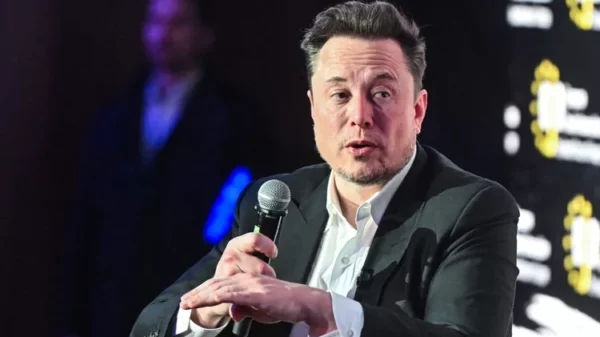



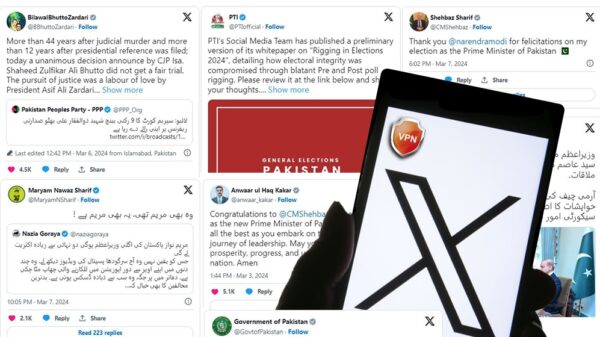





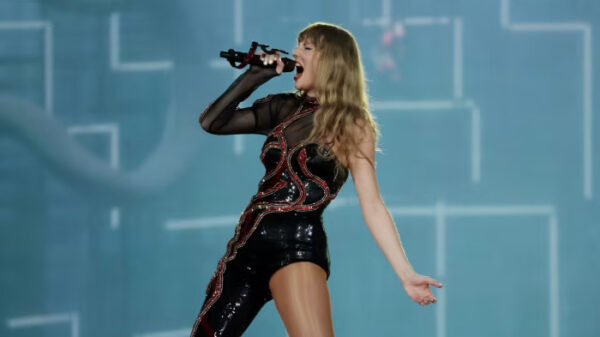











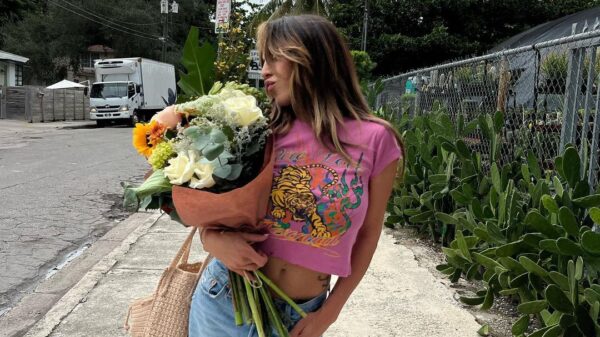


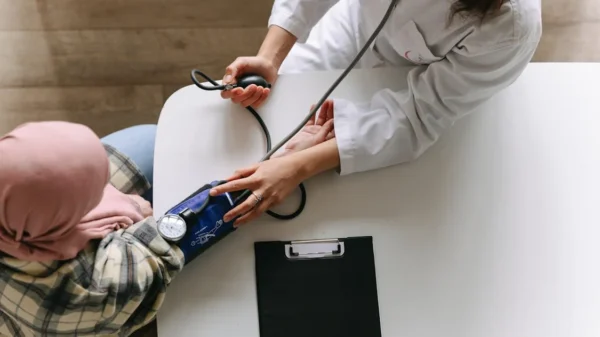





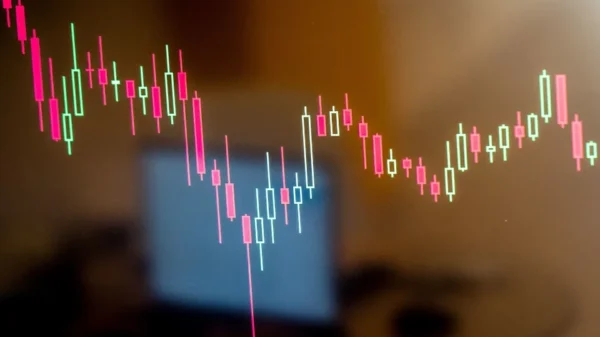




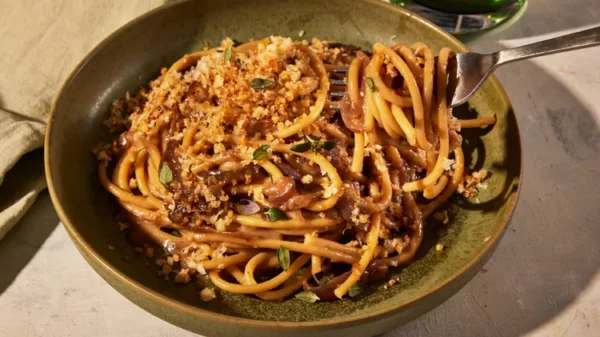
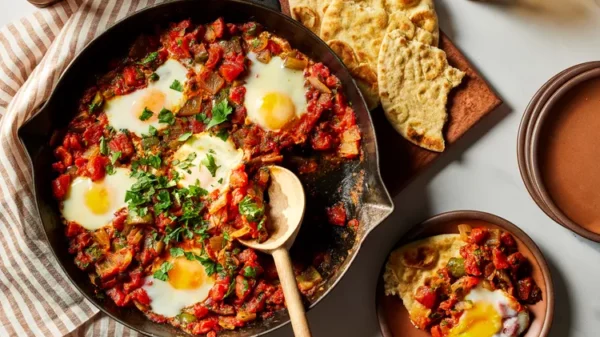
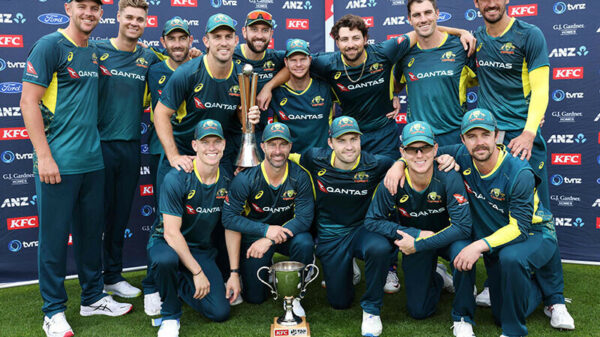


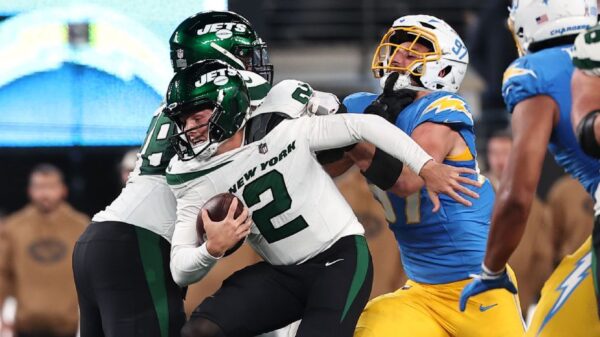


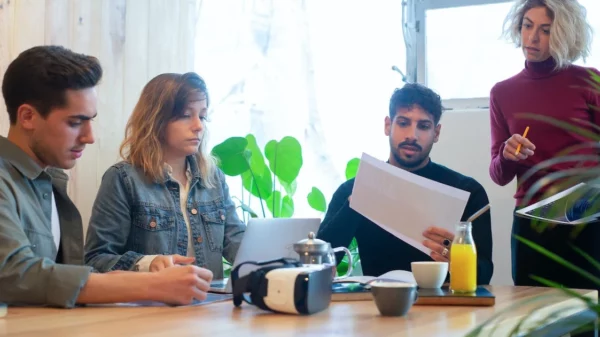

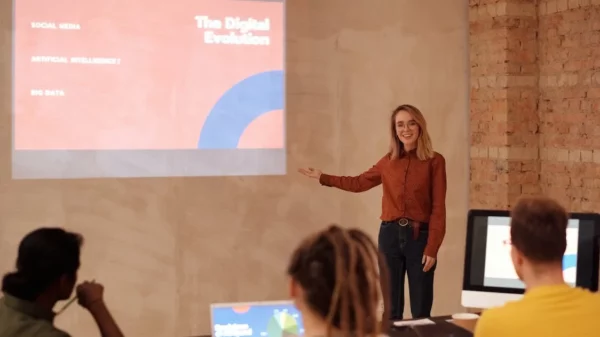

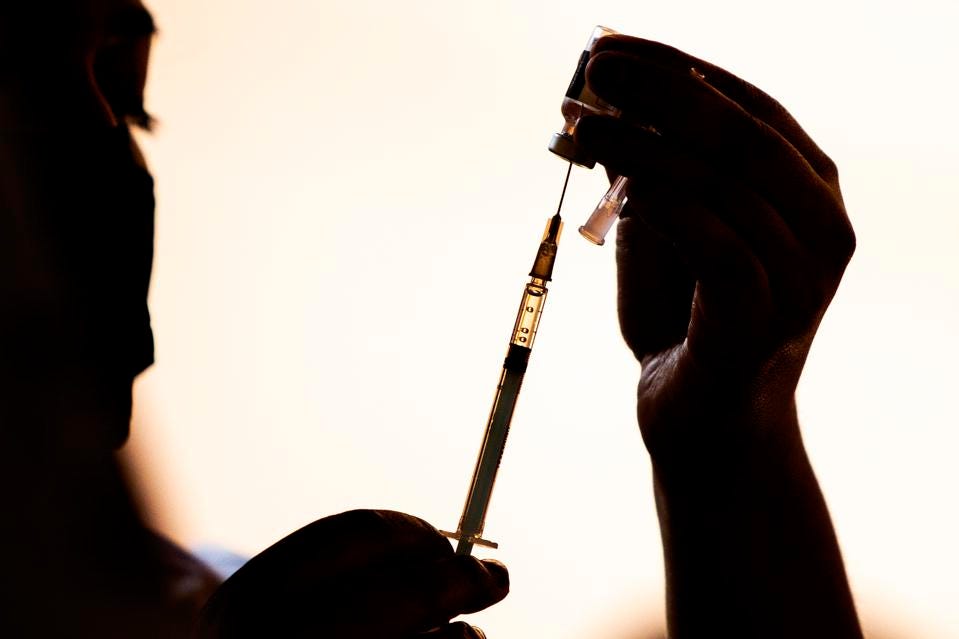




You must be logged in to post a comment Login